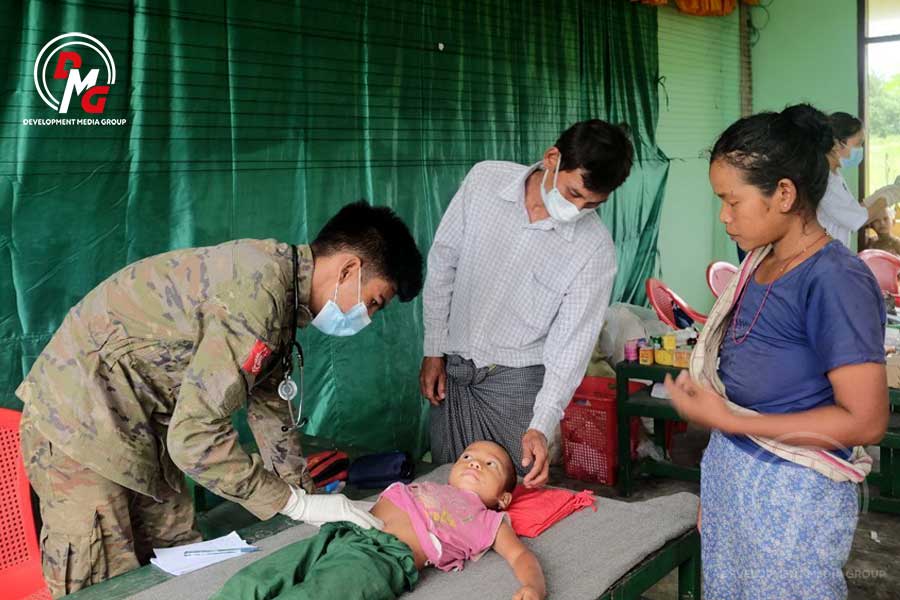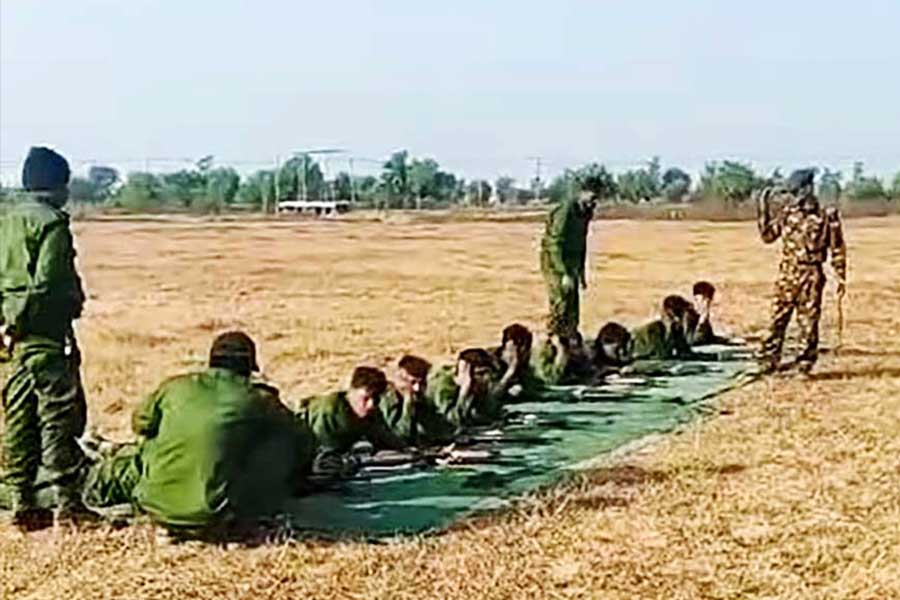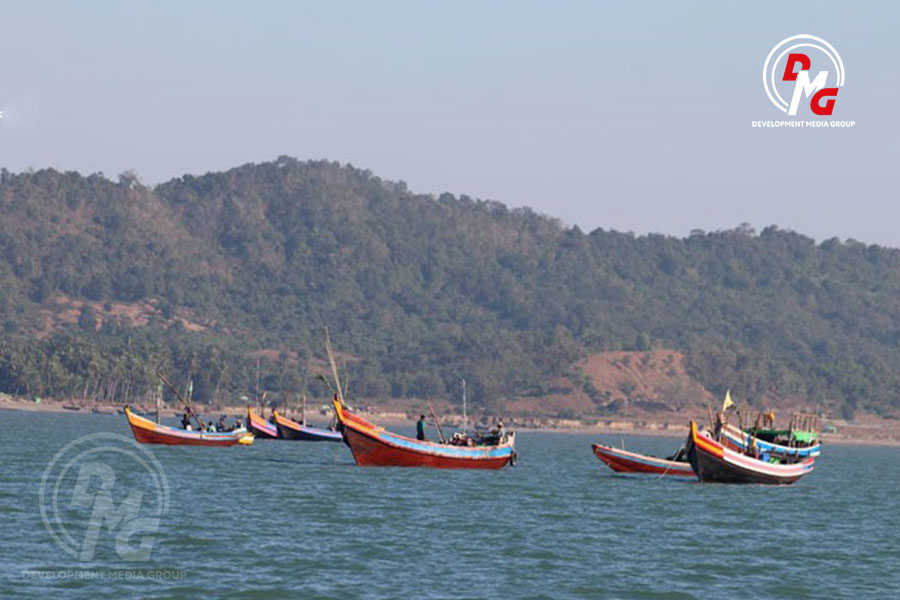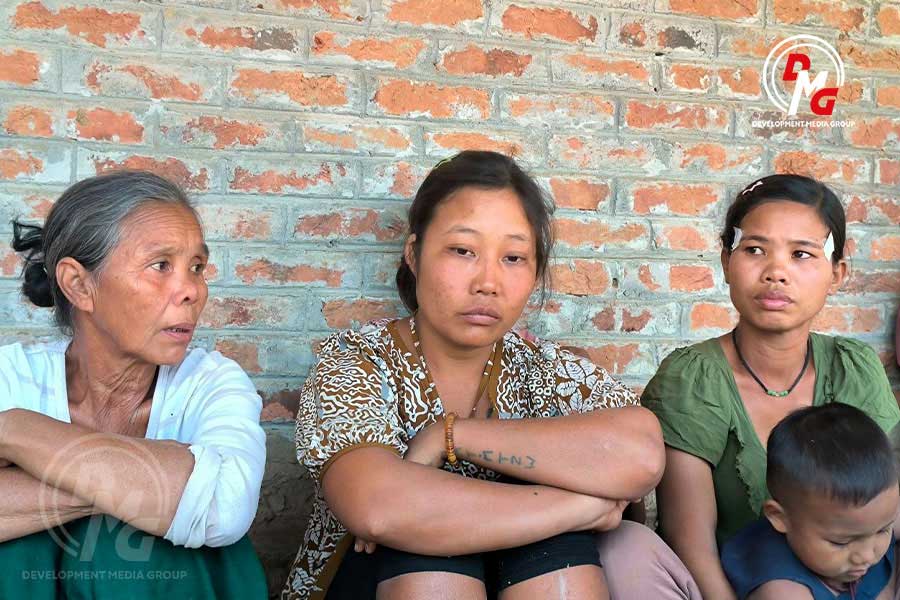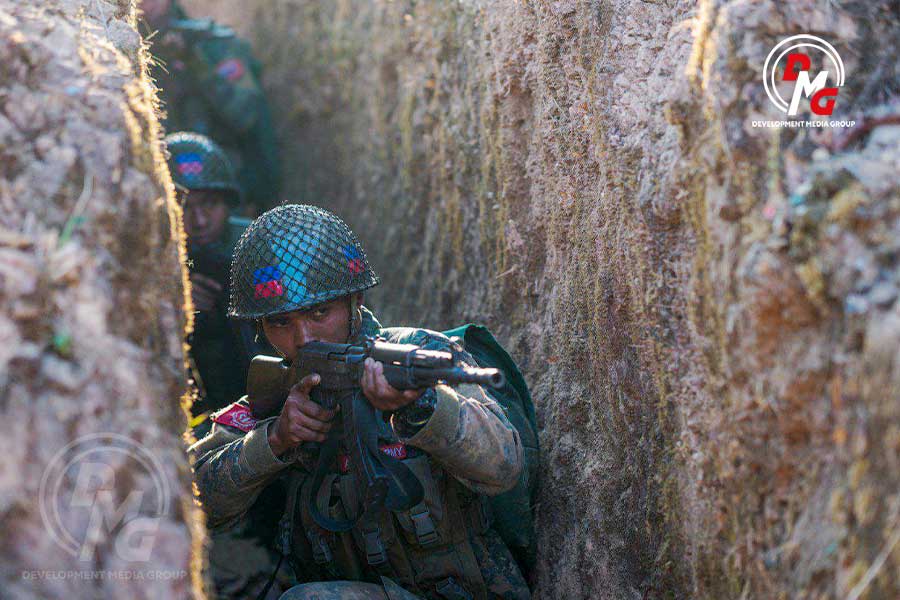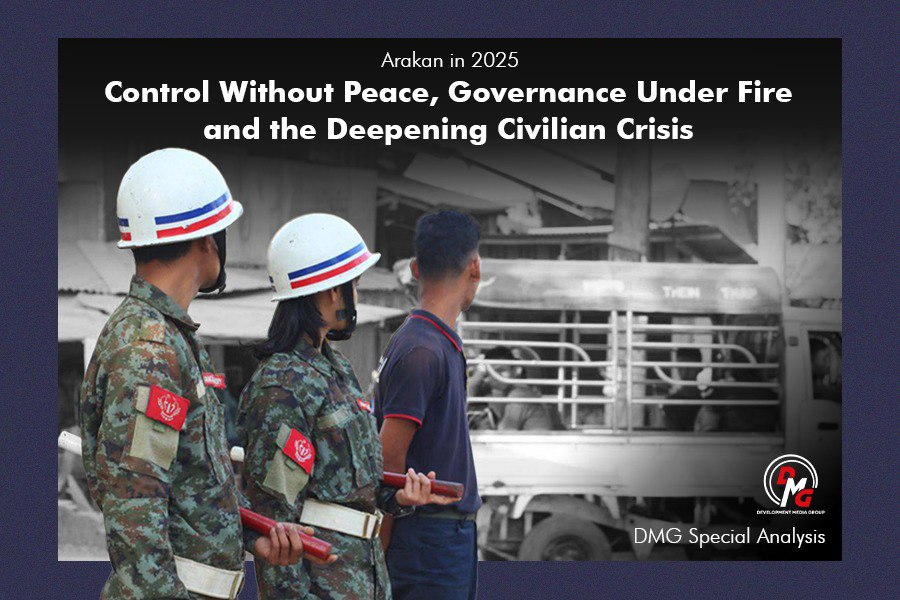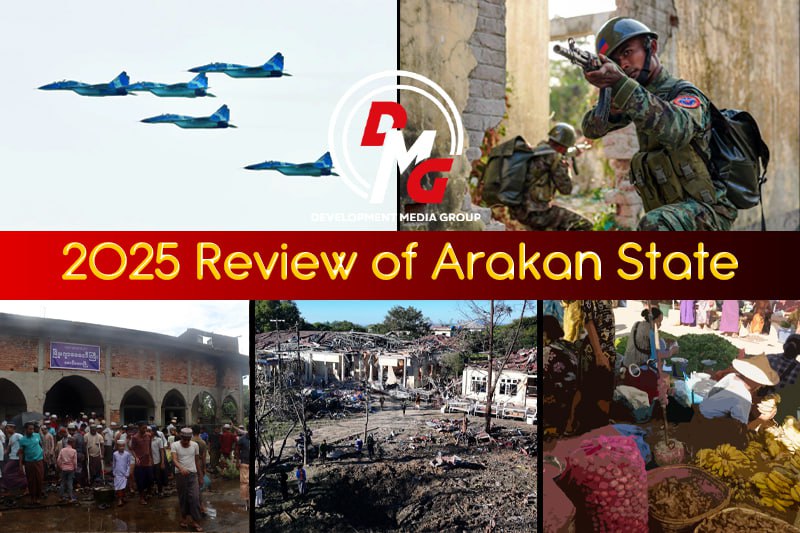- Children in Arakan State face rising cases of pneumonia and flu
- Muslim militiamen flee junta camps in Sittwe amid oppression, discrimination
- Junta navy activities halt fishing in Thandwe
- Junta airstrike kills 21 POWs, family members at Kyauktaw detention centre
- Arakan Army seeks to expand territorial control in Sittwe
The Great Reverse Migration
Each year spoon-billed sandpipers leave their homeland and travel thousands of miles south to escape the cold, food-scarce climate during the winter. After wintering for a while at warmer latitudes, the spoon-billed sandpipers return to their homeland: Siberia, Russia. Therefore, people living in foreign lands and returning in droves are often compared to Siberians.
27 Mar 2021
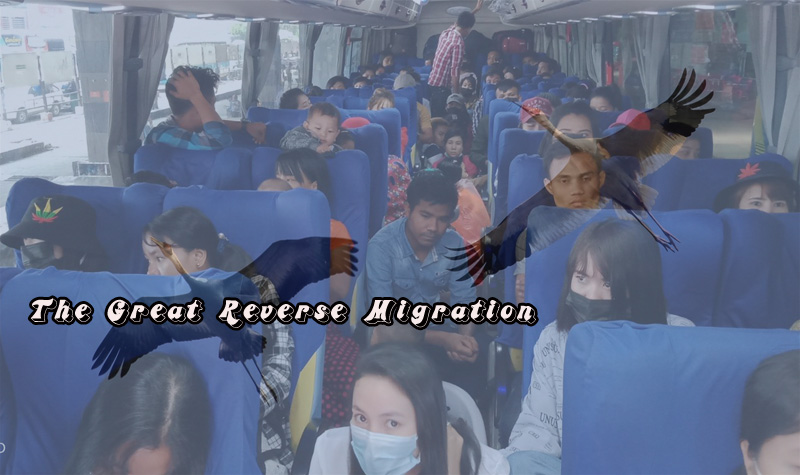
By Mawra Zaw | DMG
Each year spoon-billed sandpipers leave their homeland and travel thousands of miles south to escape the cold, food-scarce climate during the winter. After wintering for a while at warmer latitudes, the spoon-billed sandpipers return to their homeland: Siberia, Russia. Therefore, people living in foreign lands and returning in droves are often compared to Siberians.
Even now, Arakanese people who left Arakan State to seek greater livelihood security elsewhere are returning to their homeland, Arakan State, in various ways.
“I had to return to Arakan State because of the unrest in Yangon and the closure of factories,” said Ma Soe Moe Kyi from Yenanchain village in Minbya Township.
These Arakanese youths and adults have not just returned home. The Arakanese people also returned to their homeland when factories were closed due to COVID-19 pandemic. After the military coup, political unrest in Yangon has forced thousands of Arakanese people to return to their homeland, and many more to come. Arakanese civil society groups and individuals in Yangon are helping them return home in a convenient manner.
Most of those returnees from Yangon are from Shwepyithar, Hlaingthayar, South Dagon and Mingaladon townships, and most of them are grassroots workers in factories, said U Tin Htoo Aung, chairman of the Arakan National Network.
“The Arakan National Network will start arranging free Yangon-Sittwe bus services for Arakanese returnees next week. Why is the Yangon-Sittwe bus service started? They get a salary of 70,000 kyats to 90,000 kyats per month. Most of these people are from the villages along the Yangon-Sittwe highway,” he said.
There are a total of more than 60,000 migrants working in Yangon from Arakan State, and hundreds of thousands of people, including Arakanese living in other parts of Yangon, said U Tin Htoo Aung, citing election statistics and statistics compiled by Arakanese organisations in Yangon.
The returnees include some family members of those living in camps for internally displaced people due to the fighting. Officials said that up to 20 people had returned to the Nyaung Chaung IDP camp in Kyauktaw Township and six to the Ye Phyu Kan IDP camp in Ponnagyun Township. It has not been confirmed whether returnees have arrived at other IDP camps.
Despite the lack of job opportunities in the region and the cessation of hostilities between the Tatmadaw and Arakan Army, hundreds of thousands of locals are unable to return to their homes and are living in IDP camps.
“We have no intention to return home and are planning to come back home during Thingyan [Myanmar water festival]. If you work in Yangon, you get paid one month at the end of the month. Jobs are rare in our village. Many girls are unemployed in our village,” said Ma Mrat Aye Khaing, a returnee working for a garment factory in Hlaingthayar Township.
Arakan State is a very underdeveloped state, and since conflict began in 2012, the economy in Arakan State has been severely strained, and in recent years the economy has been hit hard by armed conflict and the COVID-19 pandemic. Even prior to these incidents, many Arakanese youths had left their areas for migration to Yangon, Kachin State, Thailand, Malaysia and other places for working.
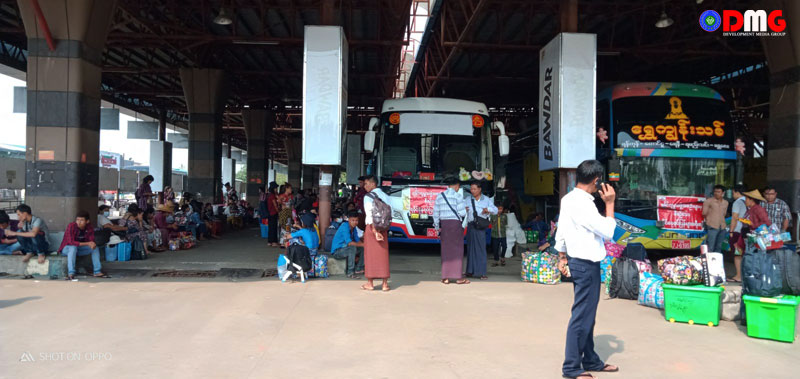
“For those who have returned to Arakan State and are unemployed, there are plans for the agricultural sector to address the issue of agriculture and livestock. Details are not yet available,” Col. Min Than, member of the Arakan State Administration Council, told DMG.
Meanwhile, speculation has posited that the mass return of Arakanese people could worsen the situation in Arakan State.
“There were some families who depended on migrant workers, but after the coronavirus epidemic, parents here had to reimburse their children. After the military coup, Arakan State is facing more social and employment crises,” said U Khaing Kaung San, director of the Wan Lark Foundation.
Those returning to their homeland are welcome, but no long-term plans have been made. Families on the other side are calling back their family members in troubled places like Yangon.
“If the fighting continues, we need to think more about the position of these young people,” said U Pe Than, a member of the Arakan National Party’s policy steering committee. “Will they go to war and take up arms? The decisions of young people will become more important. Therefore, in general, the return of young people during this difficult time can be said to be a crisis for Arakan State at the moment.”




